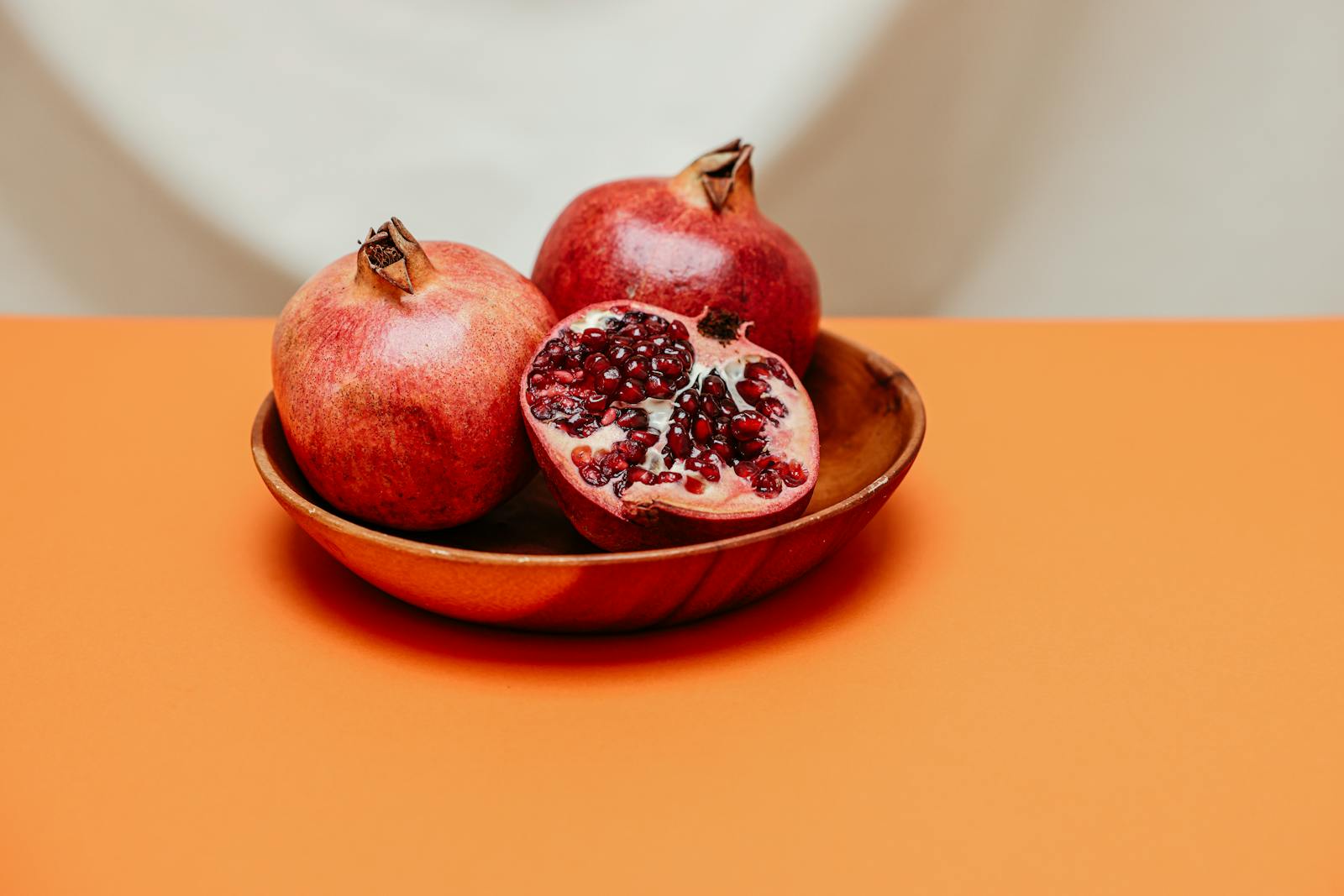Winter may seem like a challenging time to grow fruits and vegetables, but with the right knowledge and planning, you can still enjoy a bountiful garden even in January.
The Benefits of Winter Gardening
Gardening in winter offers several advantages. First, it allows you to extend your growing season and continue enjoying fresh produce even when most plants are dormant. Second, winter gardening can help improve soil quality as cover crops protect against erosion and add organic matter when turned under in spring.
Finally, spending time outdoors tending to your garden during the colder months can provide mental health benefits by reducing stress levels.
Fruit Options for Winter Gardens
If you’re looking to add some sweetness to your winter garden, consider these fruit options:
- Kiwis: Kiwi vines are hardy plants that can withstand cold temperatures. They require well-drained soil and a sturdy trellis for support.
- Pomegranates: Pomegranate trees are known for their beautiful red fruit that ripens in late fall or early winter. They thrive in areas with mild winters.
- Citrus fruits: Many citrus varieties such as oranges, lemons, limes, and grapefruits can be grown successfully indoors or in greenhouses during winter months.
Vegetable Options for Winter Gardens
When it comes to vegetables, there are several cold-hardy options that can withstand frost and thrive during winter:
- Kale: Kale is a nutritional powerhouse that becomes sweeter after exposure to frost. It’s rich in vitamins A, C, and K.
- Brussels sprouts: Brussels sprouts are a great addition to any winter garden. They develop a sweeter taste when exposed to cooler temperatures.
- Carrots: Carrots can be left in the ground throughout winter and harvested as needed. The cold weather enhances their sweetness.
Tips for Successful Winter Gardening
To ensure success with your winter garden, consider the following tips:
- Select the right varieties: Choose plant varieties that are specifically bred for cold climates or have a short maturity period.
- Provide protection: Use row covers, cloches, or cold frames to protect plants from harsh weather conditions.
- Maintain soil moisture: Adequate watering is crucial even during winter months. Be sure to water your plants regularly but avoid overwatering.
- Add organic matter: Incorporate compost or well-rotted manure into the soil before planting to improve its fertility and structure.
Inspiring Success Stories
To further illustrate the potential of winter gardening, let’s look at some inspiring success stories from around the world. In Alaska, where winters are long and harsh, residents have managed to grow fresh produce year-round using greenhouses equipped with geothermal heating systems.
Similarly, in Scandinavia, where winter temperatures can drop significantly, rooftop gardens and indoor hydroponic setups have become popular for growing fresh herbs and vegetables.
Don’t let the cold weather discourage you from enjoying the pleasures of gardening. By choosing the right fruits and vegetables, implementing proper protection measures, and following essential gardening practices, you can have a thriving winter garden.
Whether it’s the sweetness of pomegranates or the nutritional benefits of kale, January offers a variety of options to keep your garden productive even during the coldest months.



